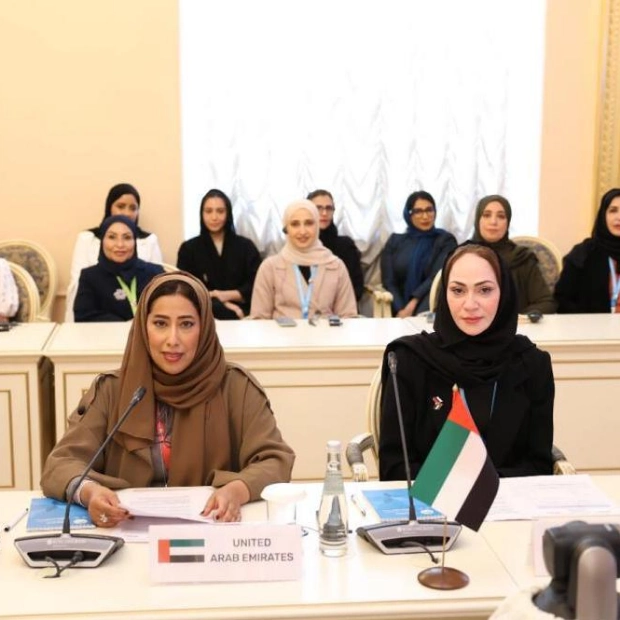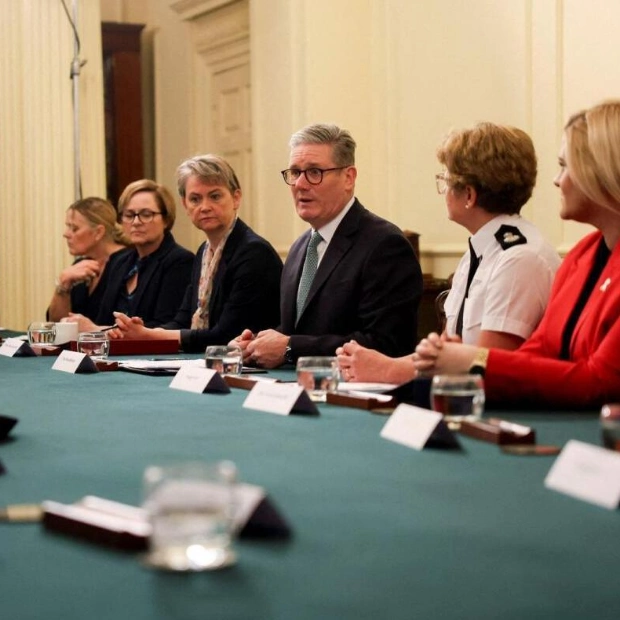The outlook for sustainable logistics in the GCC region is positive, driven by heightened awareness and dedication to environmental sustainability. As governments and industries emphasize green initiatives, logistics firms are expected to be pivotal in this shift, according to experts. Senior officials at iMile, specialists in logistics and last-mile delivery, note that technological advancements like electric vehicles and renewable energy solutions will enhance efficiency and decrease carbon emissions.
Naveen Joseph, Co-Founder of iMile, highlighted the company's leadership in sustainable practices within the GCC region, emphasizing their commitment to eco-friendly operations. "Our move towards sustainable packaging marks the start of our efforts. We are persistently seeking new technologies and methods to lessen our ecological footprint, such as refining delivery routes to reduce emissions and integrating electric vehicles into our fleet," he stated.
Joseph also mentioned iMile's proactive engagement with partners and suppliers to foster sustainability across the supply chain. "Our responsibilities extend beyond our direct operations as we advocate for industry-wide standards and policies that support sustainable logistics," he added. Amar Rizvi, Chief Strategy Officer at iMile, envisions a logistics environment where sustainability is essential, not optional, and where innovation and accountability lead to a more sustainable future.
Joseph has initiated various Environmental, Social, and Governance (ESG) programs aimed at environmental protection through waste reduction via innovative solutions. "At iMile, our ESG initiatives underscore our commitment to sustainable and ethical business practices. We prioritize environmental stewardship, aiming to reduce our carbon footprint and minimize waste through innovative solutions," he explained. Social responsibility is integral to their operations, promoting inclusive growth, employee welfare, and community involvement, guided by ethical governance ensuring transparency, accountability, and integrity.
In response to the shift towards sustainable packaging, Joseph noted iMile's adoption of eco-friendly packaging solutions that significantly reduce environmental impact. "We are transitioning to sustainable packaging across the GCC, using fully recyclable materials sourced responsibly, reflecting our commitment to environmental stewardship. This move not only aligns with our ESG objectives but also sets a benchmark in the logistics sector, showing that sustainability and operational efficiency can coexist," he said.
Rizvi reported significant growth for iMile in the first half of 2024, driven by strong demand for their services due to their focus on customer satisfaction and operational excellence. Looking ahead, he anticipates continued growth, emphasizing market expansion, service enhancement, and advancing ESG goals. iMile aims to maintain momentum and deliver robust performance.
Regarding regional expansion, iMile has solidified its presence across the Gulf region and is investing in new infrastructure and technology to meet the growing demand for efficient logistics solutions. "Our strategies include setting up additional distribution centers, enhancing our delivery network, and utilizing advanced logistics technologies to improve efficiency and customer experience," Rizvi explained. The company is also exploring local partnerships to strengthen its regional presence, ensuring sustainable growth that positively impacts the Gulf region's economic and environmental landscape.






